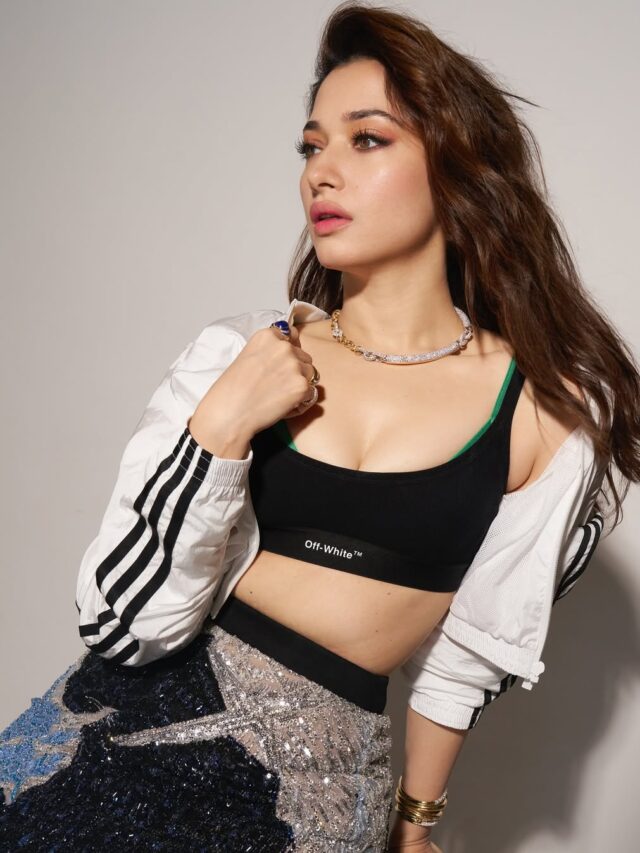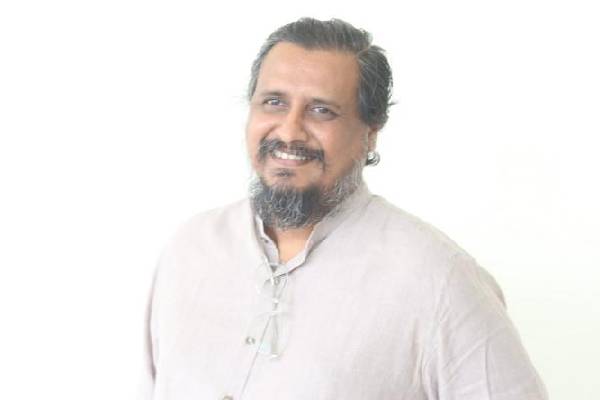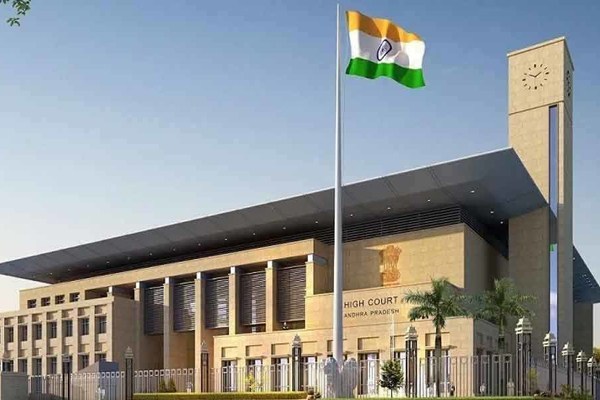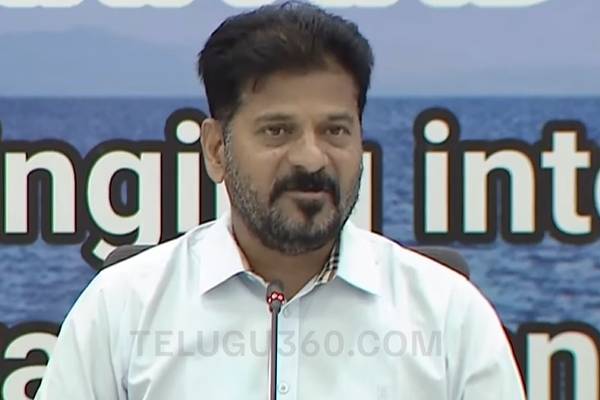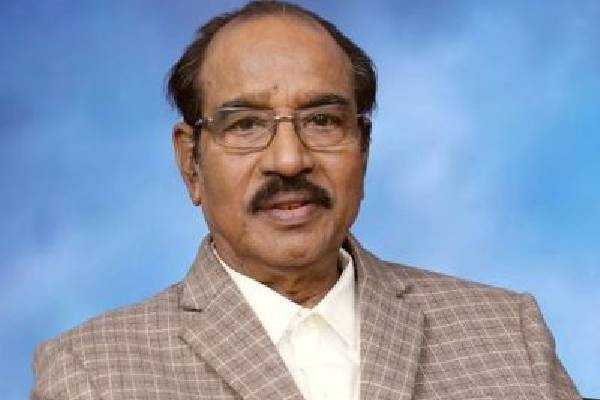The Andhra Pradesh High Court has issued yet another stay order on the latest case filed by the Anti Corruption Bureau (ACB) against former Advocate General Dammalapati Srinivas. The stay was issued after the court heard the arguments of lawyers of both sides. The lawyers of Srinivas moved a house motion and argued that the FIR was filed against their client with a motive to harass him.
The AP ACB has made allegations that Dammalapati Srinivas misused his office of high position during the previous Government and indulged in real estate dealings in Amaravati lands. The ACB said that Srinivas has bought lands initially through benamis and then those lands were transferred to his name. However, such allegations have been levelled against the Telugu Desam Party leaders from before the 2019 elections. But, the Jagan Reddy regime was not able to prove with evidence any of these charges in the past 16 months.
The latest case against Dammalapati Srinivas came amidst fresh crack down by the Jagan regime to corner rival leaders who were agitating against his 3 Capitals idea relentlessly.
The stay in the former AG’s case came as a boost for the Amaravati farmers who have been holding protests in their villages for over 272 days. Countless cases are being filed in the courts on the issue of Amaravati Capital with orders coming against the Government consistently. Yet, the YSRCP took it as a prestigious matter to shift the Capital to Visakhapatnam. Sadly, the Capital issue has become a cat and mouse game with the courts and the Central Government being in the crossfire.

